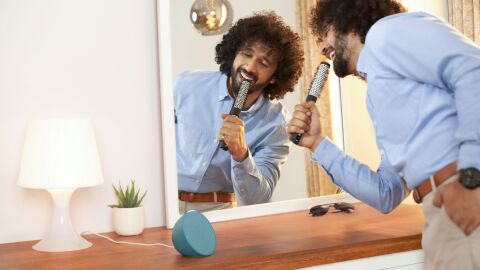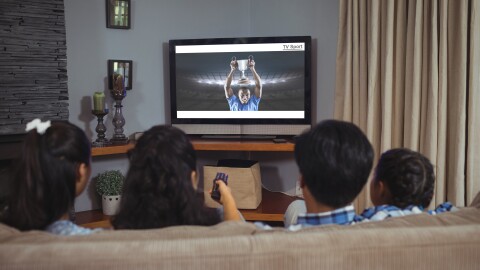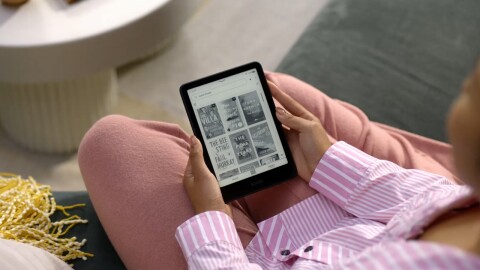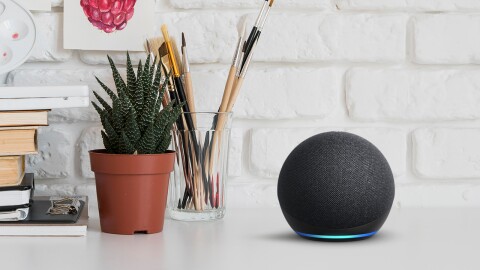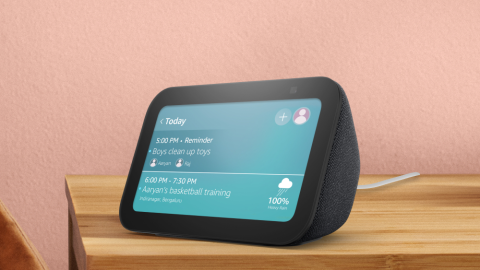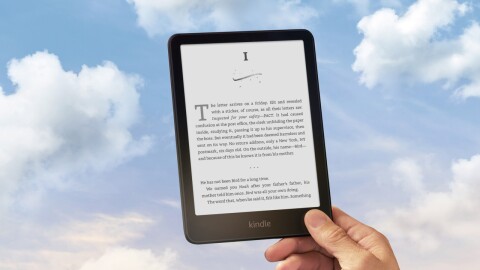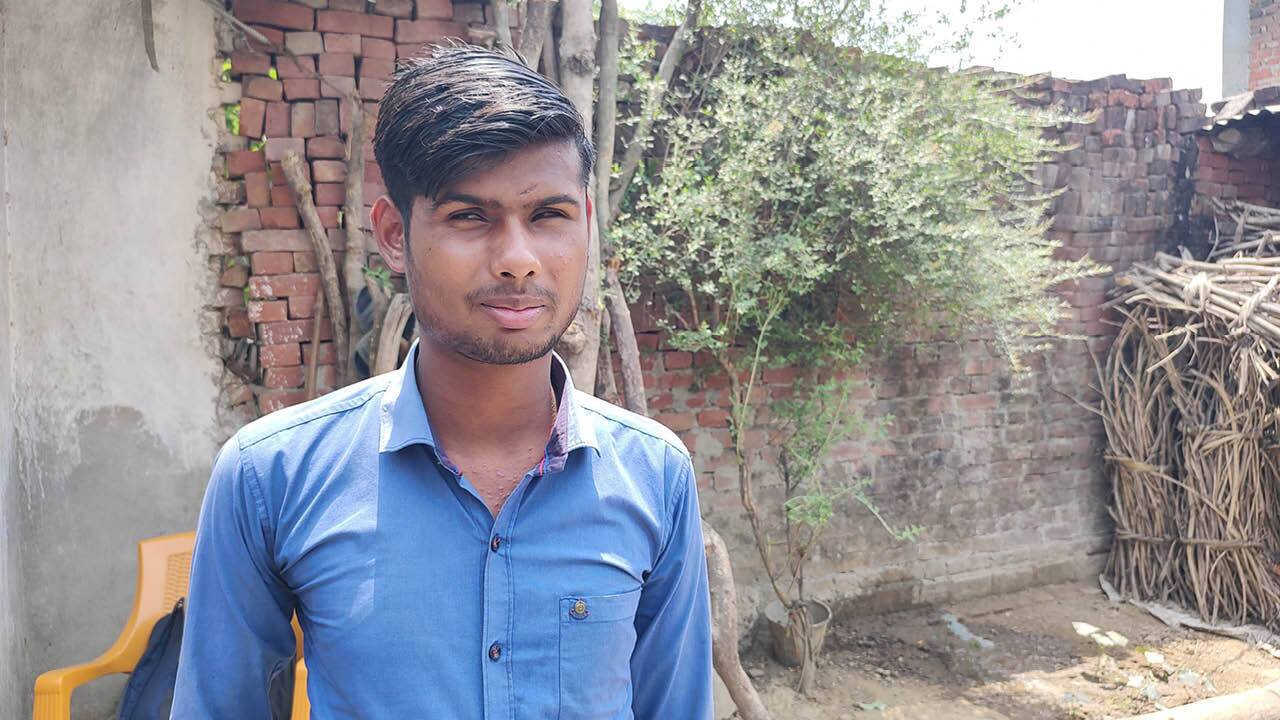
"You can tell a place is scenic by how it sounds: The way the leaves rustle, the birds sing, and the water burbles as it flows," says Amir Khan, who is blind since birth. Amir attends an integrated school, Maa Gayatri Inter College in Basti, where he studies alongside sighted children, and is assisted by a dedicated facilitator as part of the National Association for the Blind's (NAB) inclusive learning approach. NAB is an important agent in inclusion and provides support to people with disabilities (PwDs) to ensure they can access meaningful education and social development.
But Covid-19 made following this approach extremely challenging. Lockdowns and other restrictions meant that the classroom and community were no longer easily accessible, facilitators could not visit the blind students' homes as frequently, and learning material in braille was hard to come by.
For Amir, this was a new hurdle, and a particularly badly-timed one as he was taking the crucial high school examination this year.
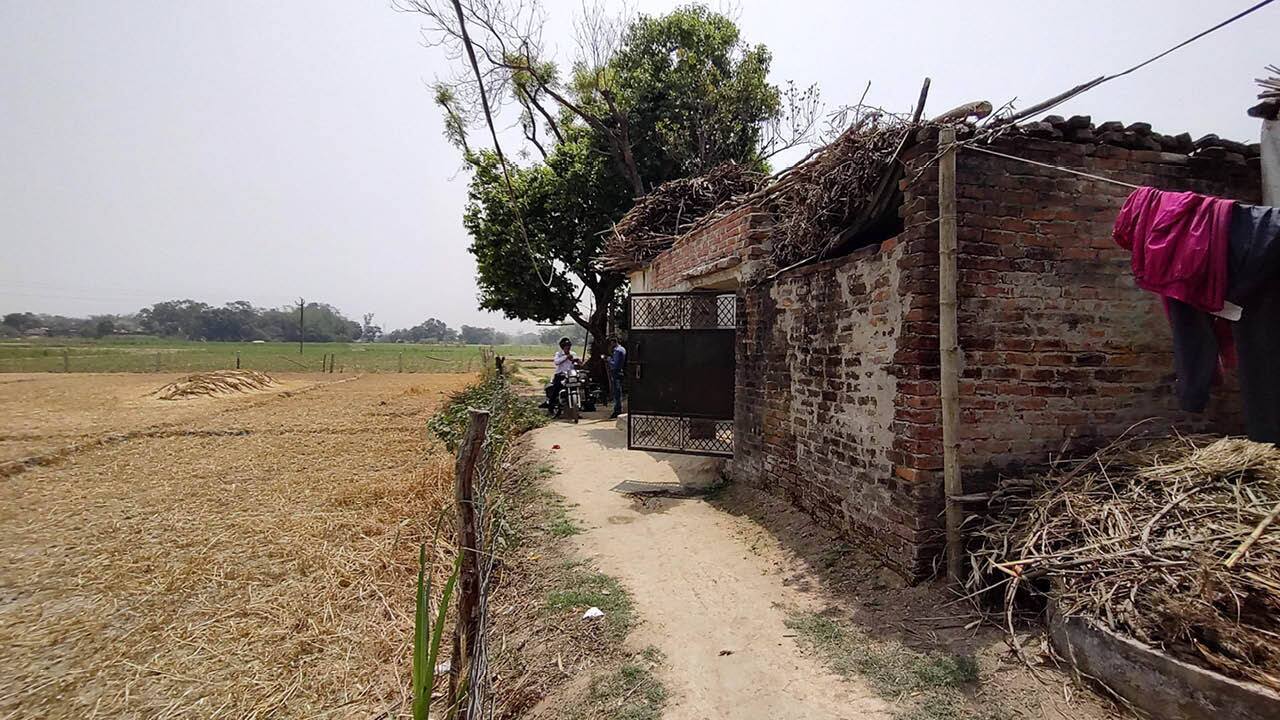
And then, Amir says, "A knowledgeable friend" showed up. During the three months preceding the exam, Amir had the friend beside him as he followed his six-hour study schedule at dawn. Amir says, "Whether it was finding the length of River Ganga, the types of triangles, or mysteries about space, I could turn to this friend for all the answers."
The friend is Amazon Alexa, an AI voice service developed by Amazon. And the friendship was facilitated by NAB’s initiative to introduce Amazon Echo devices as teaching aids for children with vision disabilities in two districts of Uttar Pradesh–Lucknow and Basti. Amazon has donated Echo devices in 10 NAB-supported schools, reaching more than 2,000 students, including Amir. This comprises a mix of children with and without disabilities, from age seven onwards, enrolled in NAB's 'Bachpan' preparatory schools.
Irregular power supply and internet connectivity remain concern areas in rural settings, so students like Amir have to time Alexa usage between scheduled power cuts and rely on phone hotspots for data.
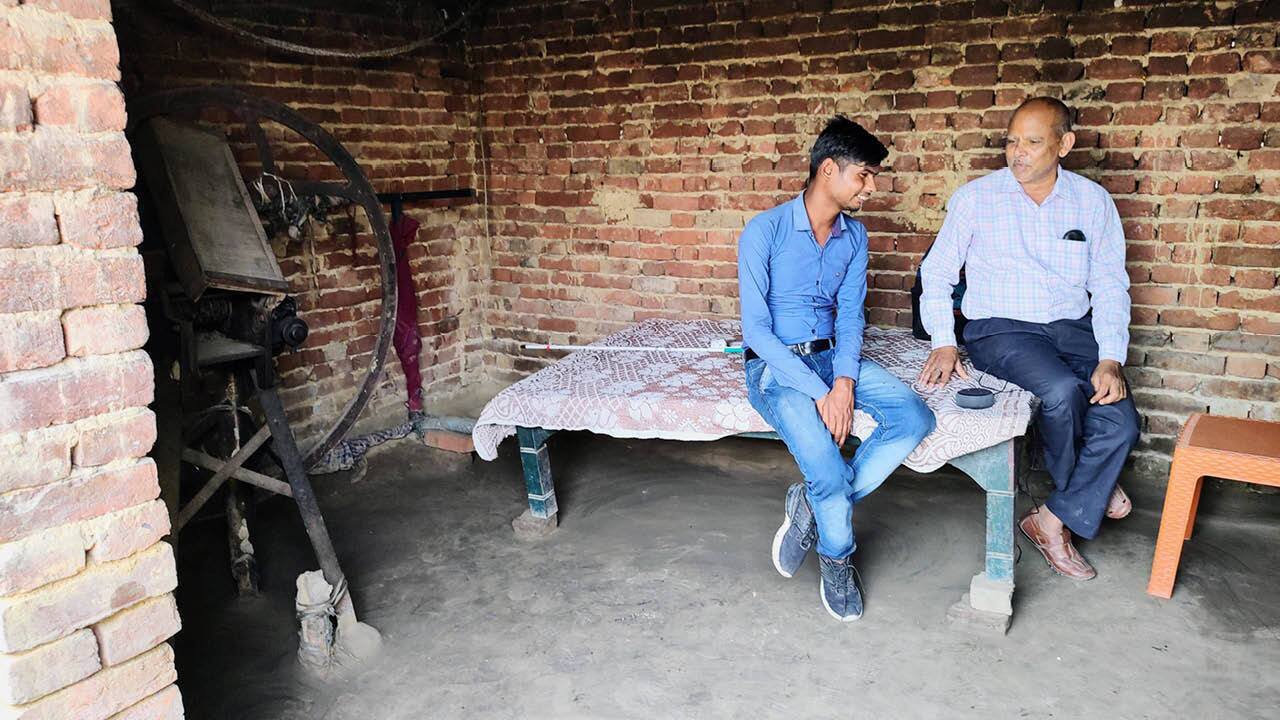
"Because voice is such a natural, intuitive medium, we've seen kids from varied educational levels and age groups become 'power users' of Alexa," says Gopal Krishna Agarwal, former vice-president of NAB and the coordinator for the project. "Access to technology like Alexa is not just about bridging the 'digital divide'. Since this technology can be so powerful in education—and education is often the key to social and financial independence—this is a matter of inclusion for PwDs," he adds.
"Even people with total blindness can use computers and smartphones with the help of features such as screen readers and talkback. But these take a while to learn and get used to, so are rarely used by young students," says Rakesh Kumar Soni, a teacher with NAB who helped introduce Alexa to Amir and eight other students with disabilities. Rakesh, who is blind himself, says seemingly simple aspects of using Alexa—like being able to repeat a response, or invoking specific content without the need for tedious navigation—make it stand out as compared to conventional assistive technologies.
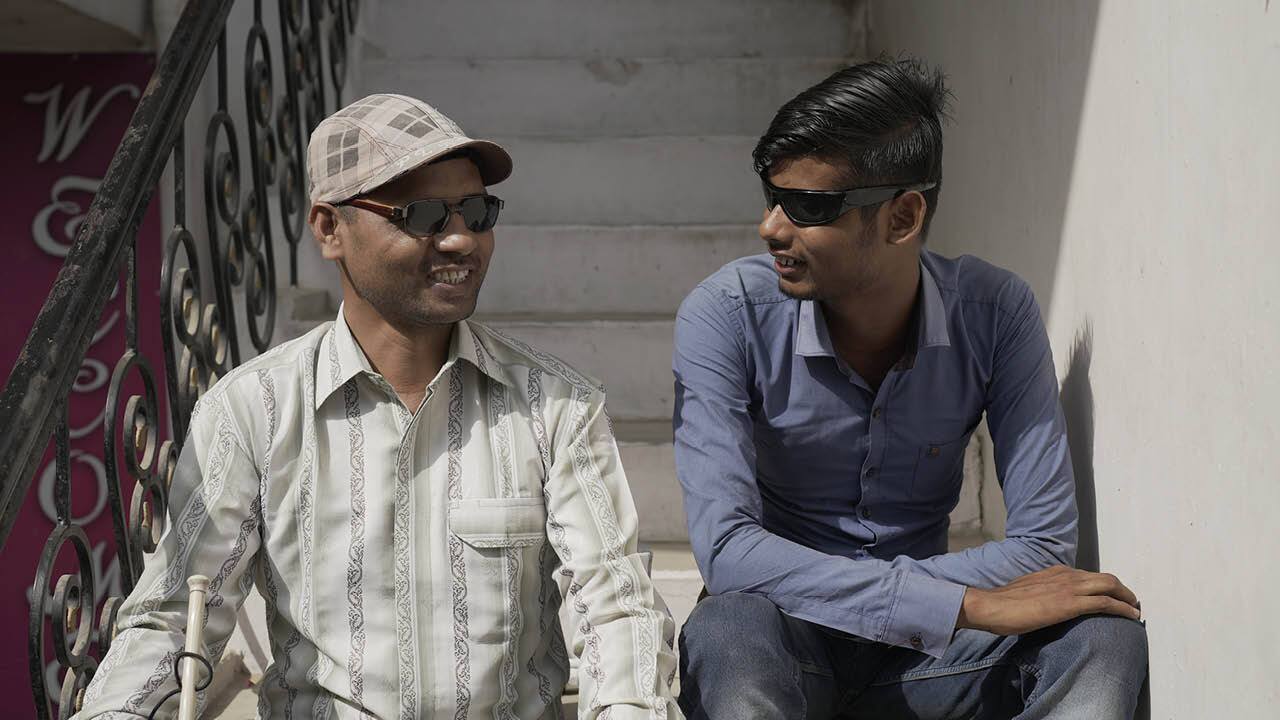
While Amir has primarily used Alexa for studies until now, he plans to learn about features such as Routines and blueprints to discover other ways of meaningfully integrating Alexa into his daily life. Confident of doing well in the Board examination, Amir says he will now focus on his next goal: Civil services. "Is it too big a dream? Maybe. But as far as I’m concerned, I have this goal and am ready to work towards it—and that’s all that matters."
If you have a story of your own about how you use Alexa, we'd love to hear it and will continue sharing some of our favorite #AlexaStories. You can email us, and use #AlexaStories when you share your experiences on social media. Learn more about how Alexa is helping people in different ways.




